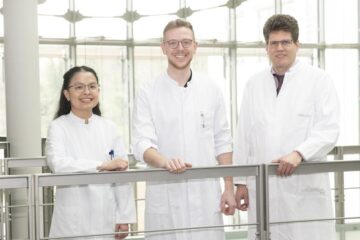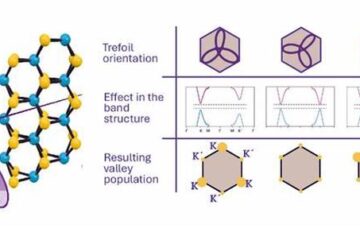Joke-making software helps non-speaking children to beat language barriers "I want to tell you a joke. Are you ready?"

Research shows that computerised speech aids, although very helpful, can restrict the development of a child's language skills, as his or her speech tends to stick to absolute essentials and lack spontaneity. Speaking children typically use humour to experiment with words and improve their social skills, but those who speak through voice output communication aids are often denied these forms of fun. Research suggests that limiting communication in this way means the child does not become as fluent, nor as adept at conversation, as children who have no language limitations.
The STANDUP project – “System To Augment Non-speakers’ Dialogue Using Puns” – has created software which allows children to generate novel puns. These puns are not prestored, but are created by the software, using dictionaries and information about words, plus simple rules about the structure of puns. The system was developed with the help of teachers, therapists and adults who use voice output communication aids.
STANDUP has been evaluated with eight young people at the Capability Scotland’s Corseford School near Glasgow. The young people, who used the system over a ten-week period, regaled their peers, staff, family and neighbours with jokes such as: “What do you call a spicy missile? A hot shot!” Their joy and enthusiasm at entertaining others was inspirational. The children’s use of STANDUP also had a beneficial impact on their use of their own communication systems as they were all more eager to communicate generally.
Dr Graeme Ritchie, at the Department of Computing Science at the University of Aberdeen, said: “The STANDUP software makes simple puns by looking for suitable patterns in the words and phrases which are available to it. In this project, the computer acts as a helper to the child, by letting them browse through joke forms, and try out words and phrases. “
Dr Annalu Waller, at the School of Computing at the University of Dundee, added: “Many people who use communication aids tend to be passive communicators, responding to questions with one or two word answers. This research shows the importance of providing individuals with novel language. It has been wonderful to see young people with complex communication needs taking ownership of puns and using them to take control of communication.”
The three-year project, funded by the Engineering and Physical Sciences Research Council, is holding a two-day workshop in Dundee on Friday and Saturday (25/26 August) to showcase the STANDUP project. Teachers and therapists from all over Scotland and England will also learn about other research in which children use computers to play with language, from teams at Glasgow Caledonian University, Sussex University and the Danish University of Education.
Media Contact
More Information:
http://www.dundee.ac.ukAll latest news from the category: Information Technology
Here you can find a summary of innovations in the fields of information and data processing and up-to-date developments on IT equipment and hardware.
This area covers topics such as IT services, IT architectures, IT management and telecommunications.
Newest articles

Simplified diagnosis of rare eye diseases
Uveitis experts provide an overview of an underestimated imaging technique. Uveitis is a rare inflammatory eye disease. Posterior and panuveitis in particular are associated with a poor prognosis and a…

Targeted use of enfortumab vedotin for the treatment of advanced urothelial carcinoma
New study identifies NECTIN4 amplification as a promising biomarker – Under the leadership of PD Dr. Niklas Klümper, Assistant Physician at the Department of Urology at the University Hospital Bonn…

A novel universal light-based technique
…to control valley polarization in bulk materials. An international team of researchers reports in Nature a new method that achieves valley polarization in centrosymmetric bulk materials in a non-material-specific way…





















